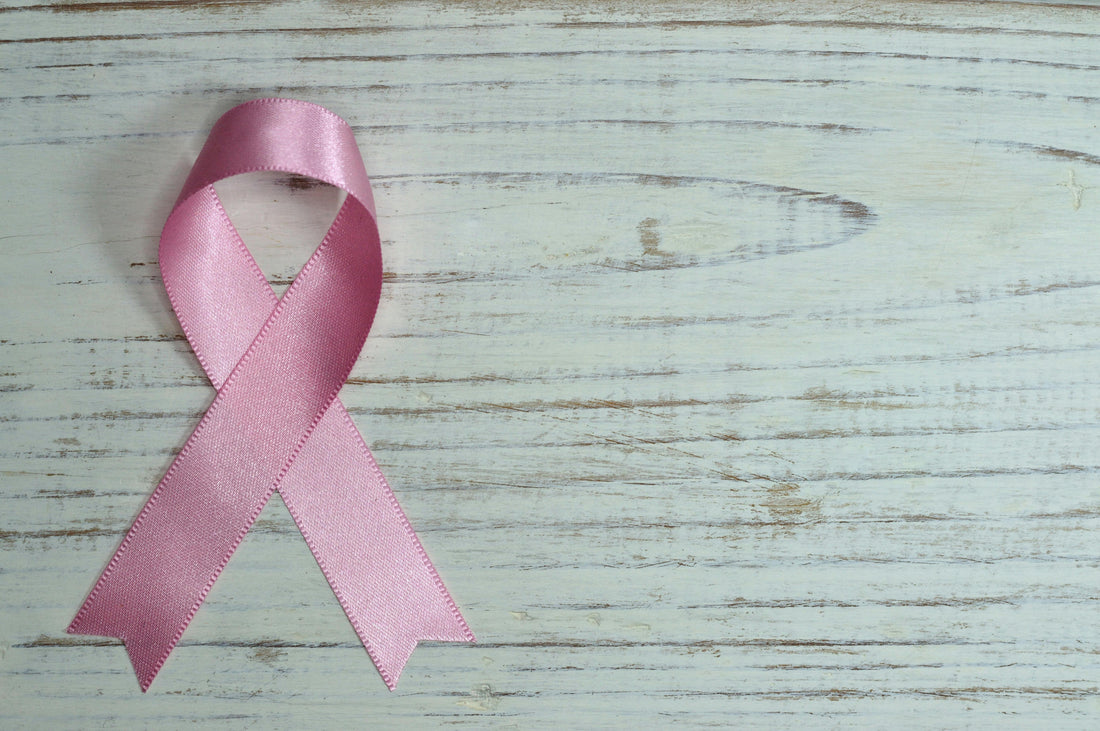
Simple Diet and Lifestyle Tips to Lower Cancer Risk
Share
Introduction
A healthy diet and active lifestyle can help prevent many types of cancer. A new global report shares clear, evidence-based advice to reduce your risk of breast and bowel cancers—the two most common cancers worldwide.
What the Report Says
The World Cancer Research Fund (WCRF) and partners from the Global Cancer Update Programme reviewed the latest research. They found strong evidence that following healthy diet and lifestyle patterns (DLPs) lowers the risk of cancer, especially breast and colorectal (bowel) cancers.
What Is a Healthy DLP?
A healthy Dietary and Lifestyle Pattern (DLP) means more than just eating well. It includes a mix of daily habits that support good health and lower cancer risk. Here’s what it includes:
- Eat more: fruits, vegetables, wholegrains, and fibre-rich foods.
- Stay active: regular physical activity is key.
- Maintain a healthy weight: avoid being overweight or obese.
- Avoid: smoking, alcohol (especially for breast cancer), and processed meats (especially for bowel cancer).
- For bowel cancer: include calcium-rich foods like dairy and even coffee.
Why This Approach Works
The report stresses that people don’t eat single foods—they follow eating patterns. These patterns, when healthy, offer better protection than focusing on one “superfood.” For example, eating more fibre and less red meat together is more effective than changing just one thing.
Breast vs Bowel Cancer Tips
While both benefit from a healthy DLP, there are some differences:
- For breast cancer: completely avoid alcohol. Even small amounts raise the risk.
- For colorectal cancer: avoid processed meats and include calcium-rich foods and coffee.
Extra Benefits
This healthy lifestyle doesn’t just lower cancer risk. It also helps prevent other diseases like heart disease, diabetes, and obesity. Plus, it supports better mental well-being and energy levels.
A Word for Policymakers
The report says it’s not only up to individuals. Governments must support healthy choices by making nutritious food affordable, creating walkable cities, and limiting ads for unhealthy products.
Conclusion
Changing your daily habits—even a little—can make a big difference. Eat more plants, move more, and avoid harmful choices. These simple steps, supported by strong science, help reduce cancer risk and improve your overall health.
Let me know if you'd like a version in bullet points, or one that targets a specific audience (like parents, young adults, or healthcare workers).
